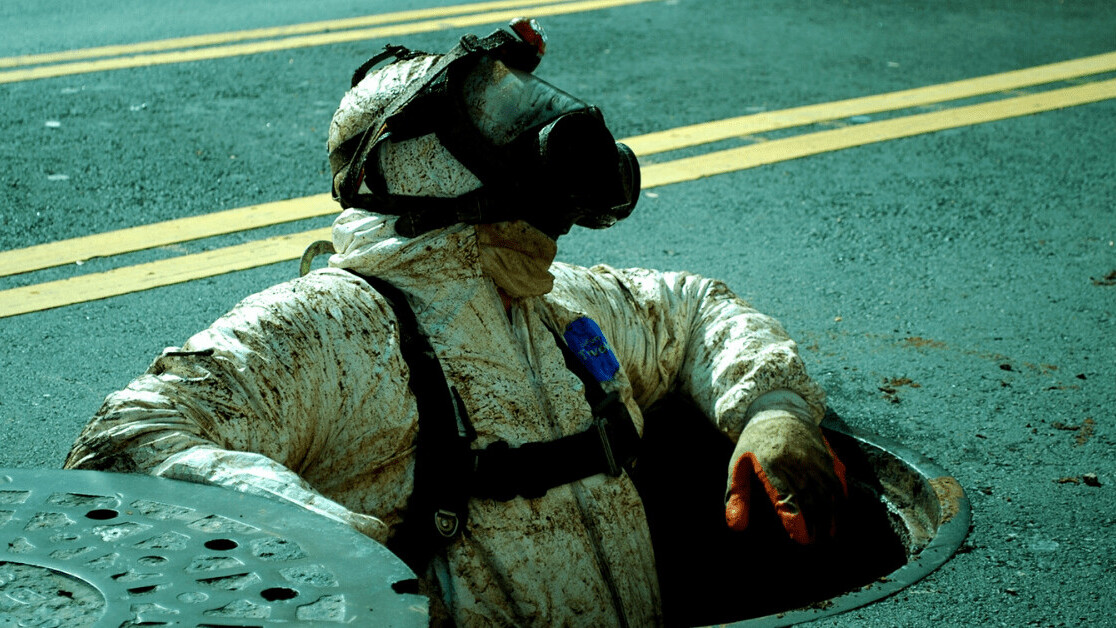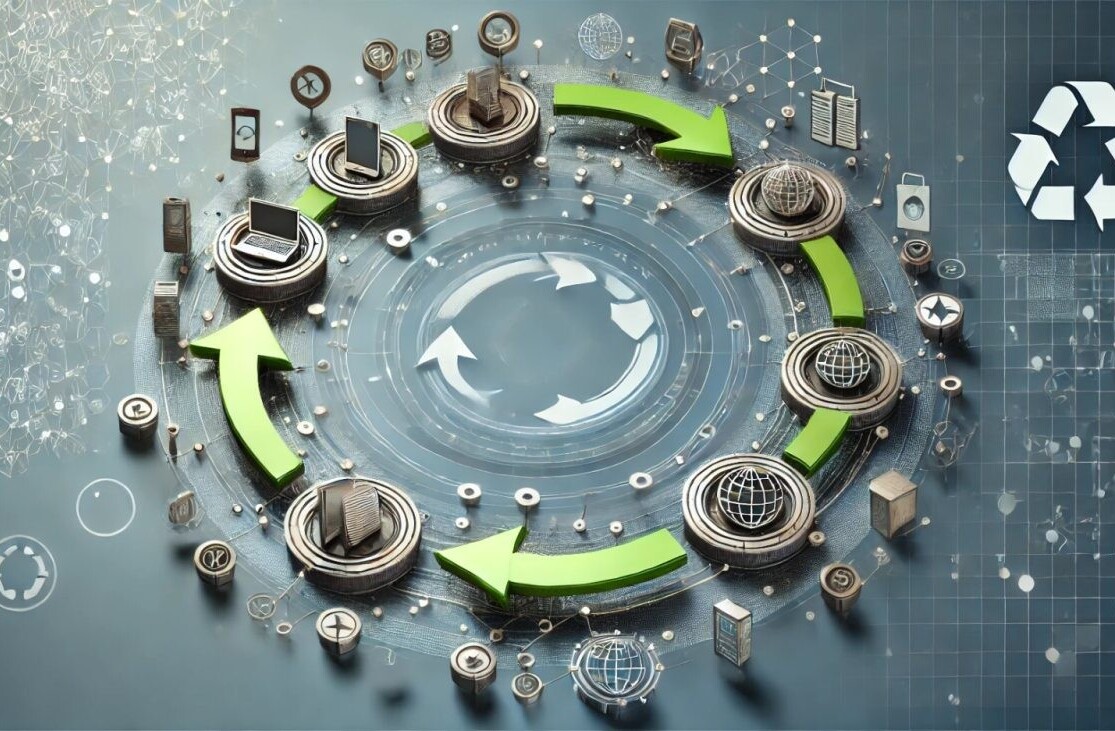The alarming shortage of coronavirus testing has led one startup to search city sewers for insights into the outbreak.
Biobot, an MIT spinout based in Massachusetts, will map the pandemic by analyzing data from sewage samples collected from across the US.
The idea for the project came from new research showing that SARS-CoV-2, the virus causing COVID-19, is shed in poo that flows through our toilets into city sewage systems.
Biobot wants to test this sewage for SARS-CoV-2, and then use the data to create a map of the virus as it spreads to new places.
[Read: The coronavirus is strengthening the case for free internet access]
The map will allow communities to measure the scope of the outbreak without having to rely on patient testing and hospital reports, while also including data from patients who have displayed no symptoms.
“In some diseases, people excrete viruses before they show symptoms, meaning that sewage can provide an early indicator of disease spread before people start seeking care,” Biobot cofounders Mariana Matus and Newsha Ghaeli wrote in a blog post.
It could guide public health measures introduced by officials, predict the impact of the outbreak on local hospitals, and track the effectiveness of interventions. If the coronavirus proves to have a seasonal cycle, it could even provide early warnings that the outbreak will soon reemerge.
How Biobot works
Biobot’s team of biologists, epidemiologists, data scientists, urban planners, and engineers had initially used their tech to manage the American opioid crisis by measuring opioid molecules found in sewage.
As evidence emerged that the coronavirus could be detected in fecal samples, the company quickly turned its focus to analyzing the outbreak.
To get the data, Biobot will ship sampling kits to wastewater facilities, who will then send the samples back to Biobot’s labs, where scientists will test them to detect the virus.
The results will then be sent to participating communities, who can use the data in their strategies to combat the pandemic.
Biobot has called on government entities, wastewater facilities, and members of the public who want their city to get involved, to get in touch with the company by filling in this form.
Get the TNW newsletter
Get the most important tech news in your inbox each week.





